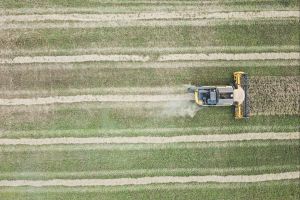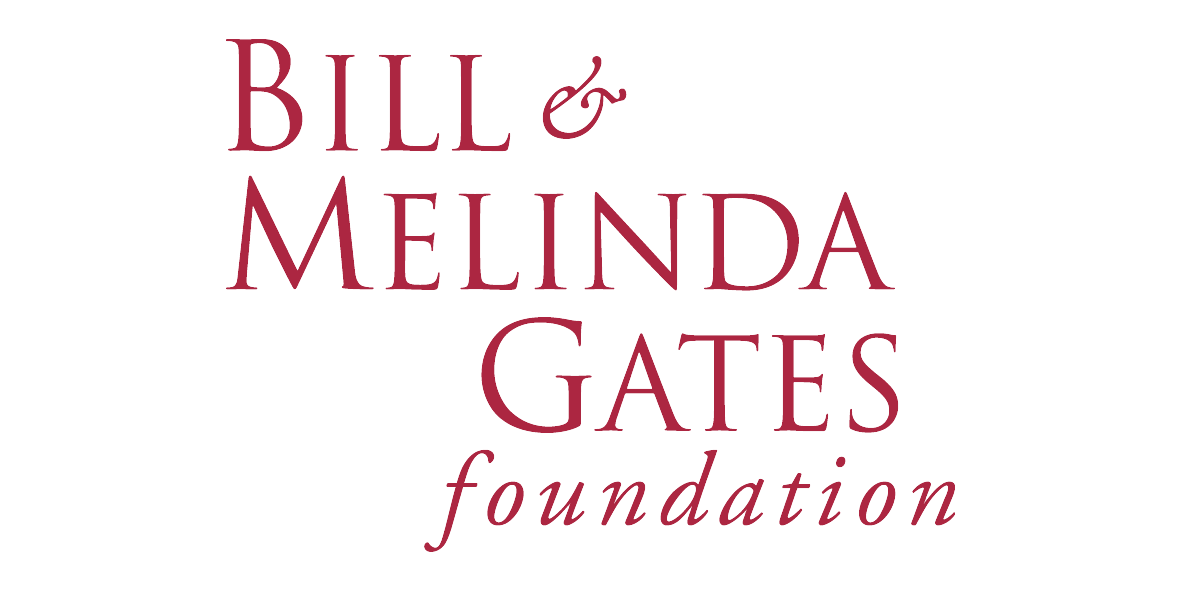This report urges the US government focus its global food security strategy on science, increasing trade flows for agriculture and food, and incentivizing greater business activity in low-income countries.
Introduction
A new report from The Chicago Council on Global Affairs urges the US government to focus its global food security strategy on prioritizing science, increasing trade flows for agriculture and food, and incentivizing greater business activity in low-income countries. The report, Advancing Global Food Security: The Power of Science, Trade, and Business, makes four broad policy recommendations composed of 21 specific actions to define the next steps for US global food security policy.
The report was released at The Chicago Council’s annual Global Food Security Symposium in Washington, DC, on May 21, 2013.
A bipartisan group of agriculture, development, and US foreign policy experts developed the recommendations. The group found that a US global food security strategy focused on science, trade, and business would alleviate poverty, support stability, and economic development, and bring benefits to US farmers, businesses, and research institutions.
Key recommendations
- Double US investments in agricultural and food research between now and 2023. Focus research dollars on priorities that will be most important to meeting future demand: equipping agriculture in the US and in low-income countries to be resilient to water shortages, climate change and weather variability; aligning agricultural production and nutrition goals; and ensuring agricultural production builds, not harms, the natural resource base.
- Appoint the Vice President to lead the whole-of-government approach for food security, and, in this role, to chair a National Science Commission on Global Food Security.
- Pass authorizing legislation that formalizes a US commitment to food security through agricultural development.
- Increase funding for global agricultural development to build research and extension capacity in low-income countries.
- Reform food aid by moving to a cash-based system and ending monetization.
- Leverage the Trans-Pacific Partnership and US-EU Free Trade Agreement to remove barriers to agriculture and food trade.
- Create more incentives for business investment in low-income countries by reducing regulatory barriers and increasing lending for agricultural development.





